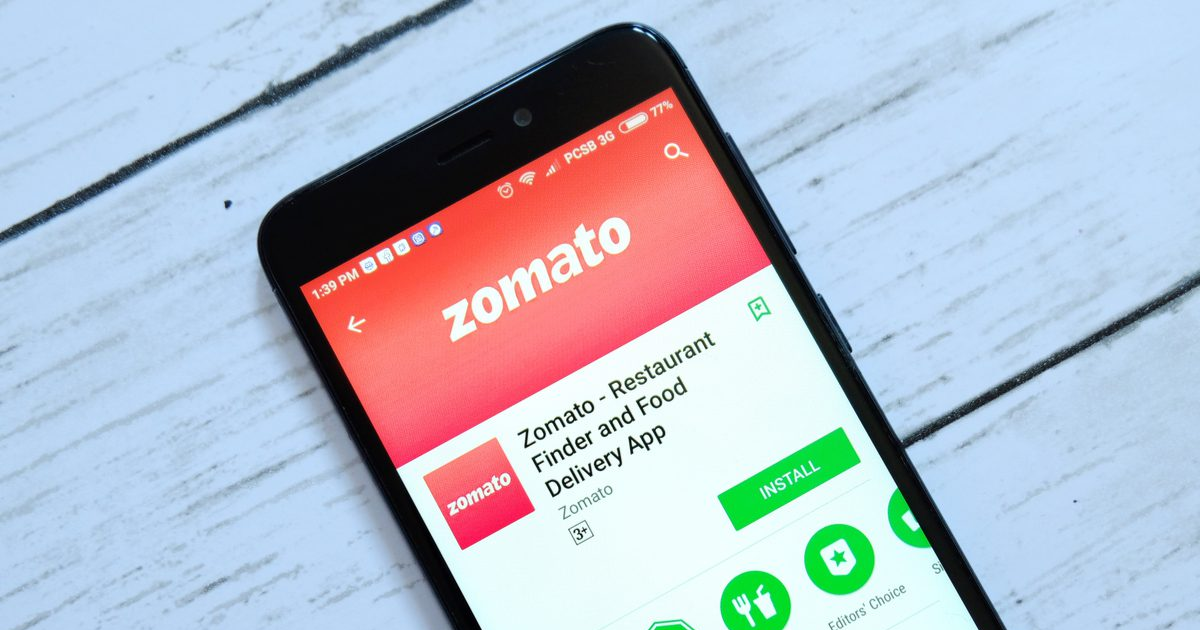Foodtech platform Zomato has taken another step in its series of experiments by launching its own Unified Payments Interface (UPI) service for peer-to-peer (P2P) and merchant transactions. The service, called Zomato UPI, has been introduced in collaboration with ICICI Bank, enabling Zomato customers to create UPI IDs and make payments seamlessly within the app.
The move aims to streamline the payment process, reducing the reliance on cash on delivery (COD) orders and addressing challenges such as handling physical cash and the risk of customer refusal upon delivery. Zomato UPI is currently in a pilot phase, and its future expansion will depend on adoption rates and customer engagement.
The introduction of an in-house UPI offering is significant for Zomato as it reduces dependence on external payment aggregators and safeguards against potential charges imposed by digital payment giants. Flipkart, another major player in the e-commerce industry, is reportedly considering the launch of in-app UPI payments as well, primarily as a customer engagement tool.
The adoption of UPI by various companies comes at a time when the National Payments Corporation of India (NPCI) aims to onboard more consumer-facing companies to its network to diversify the market and reduce the dominance of existing players like PhonePe, Google Pay, and Paytm. These three platforms currently account for over 95% of UPI transactions, establishing a near triopoly in the Indian digital payments landscape.
Zomato’s partnership with ICICI Bank follows the establishment of its subsidiary, Zomato Payments, two years ago, indicating the company’s intention to leverage its vast customer base and boost online payment adoption. In 2022, Zomato reported 5.8 crore annual transacting users and processed a gross merchandise value (GMV) of over $2.8 billion.
Zomato continues to explore new avenues and expand its offerings through various pilot projects. Recently, it ventured into the logistics sector with B2B logistics services, explored at-home services similar to Urban Company, and piloted inter-city food delivery with Legends. Additionally, Zomato unveiled a home-cooked meals service for students and employees, demonstrating its commitment to innovation and diversification.
Both Zomato and Flipkart hold significant market shares in the foodtech and e-commerce sectors, respectively, making them formidable players in their domains. By introducing new services like in-house UPI payments, these companies aim to attract more customers and solidify their positions in the market, potentially influencing the preferences of consumers and diverting market share from competitors.



![[CITYPNG.COM]White Google Play PlayStore Logo – 1500×1500](https://startupnews.fyi/wp-content/uploads/2025/08/CITYPNG.COMWhite-Google-Play-PlayStore-Logo-1500x1500-1-630x630.png)